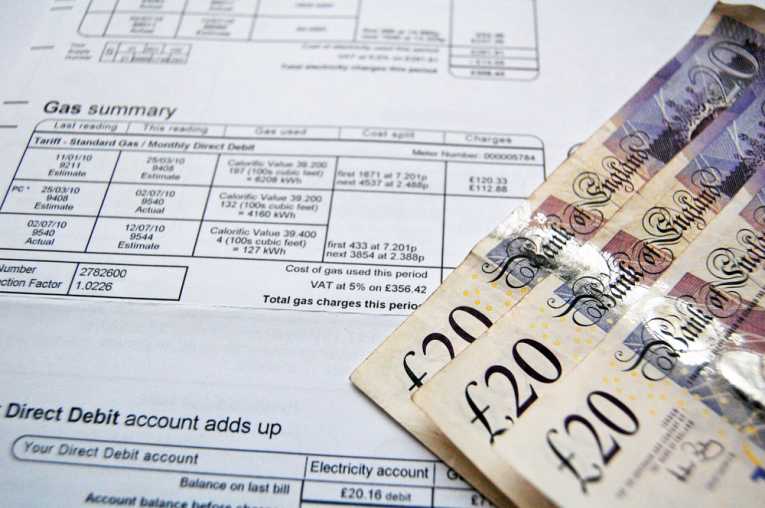The rise in energy bills over the past year has sparked serious concerns as bill payers are the ones who have to suffer from the extortionate expenses. Now Friends of the Earth forecast a £300 increase in energy bills by 2020, which is adding to the ever growing concern over the cost of energy. Energy Secretary, Chris Huhne has voiced his anxiety on the subject and he concluded that more pressure needs to be put on the Big Six energy providers to increase competition and reduce costs. So how does this affect homeowners?
Homeowners are now being encouraged to continually review their energy bill costs and keep their eyes open for new companies and deals emerging which can put pressure on the Big Six and hopefully prevent bills from increasing further. British Gas have promised not to inflate their energy costs this winter, but this follows 18% and 16% increases respectively in the month of August. Homeowners are constantly threatened by another increase which could leave them wrapped in blankets and huddled around log fires this winter.

Gas hob via Shutterstock
Energy bills have been exponentially increasing over the past decade. There was an average 30% price hike in energy bills between 2000 and 2010. The increase in energy bills has put extra stress on homeowners as they struggle to meet the cost demands. But as the price of fossil fuels is continually inflating it's up the Big Six to invest in renewable energy alternatives for domestic and commercial use.
Government initiatives are currently in place to try and reduce homeowners' energy bills and carbon footprints. Grants are available to aid with loft insulation and cavity wall insulation costs for those who can't afford the initial installation cost. These methods of insulation aim to increase home efficiency; reduce heat waste and in turn, reduce homeowners' energy bills.
Renewable energy options such as solar PV panels are also available to homeowners. But with the feed-in tariff set to reduce in April 2012 it seems homeowners are being discouraged from investing in the renewable energy solutions. In order to get the real benefit of the current feed-in tariff rate for 25 years, homeowners have to invest now – which is easier said than done.

Solar panels on a roof but feed-in tariff set to reduce via Shutterstock
Needless to say, that something has to be done about the continually rising costs of heating the home. More clarity needs to be given to consumers in order for people to get the best deals on energy prices. According to a survey by Which? It seems that consumers aren't informed of the best deals available to them.
The price of energy has gone beyond merely profit for providers, it's time they were fair with consumers – giving them a good deal whilst still making profit. Homeowners should be encouraged to use energy in the most resourceful way possible. Energy providers need to be encouraged to invest time and money into cleaner energy solutions for homeowners, otherwise energy bills can be expected to continue to rocket and global warming will persistently rear its ugly head.










